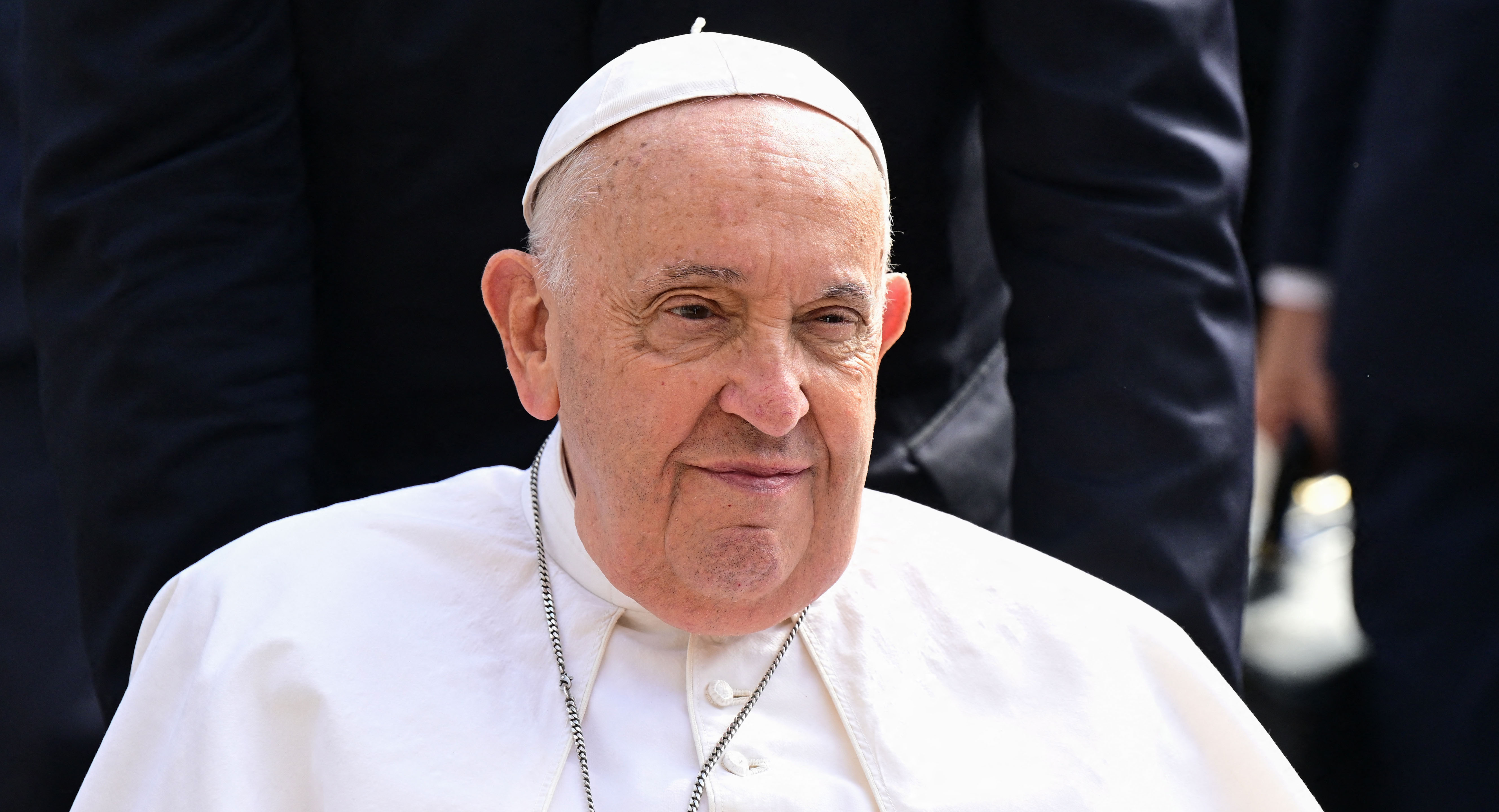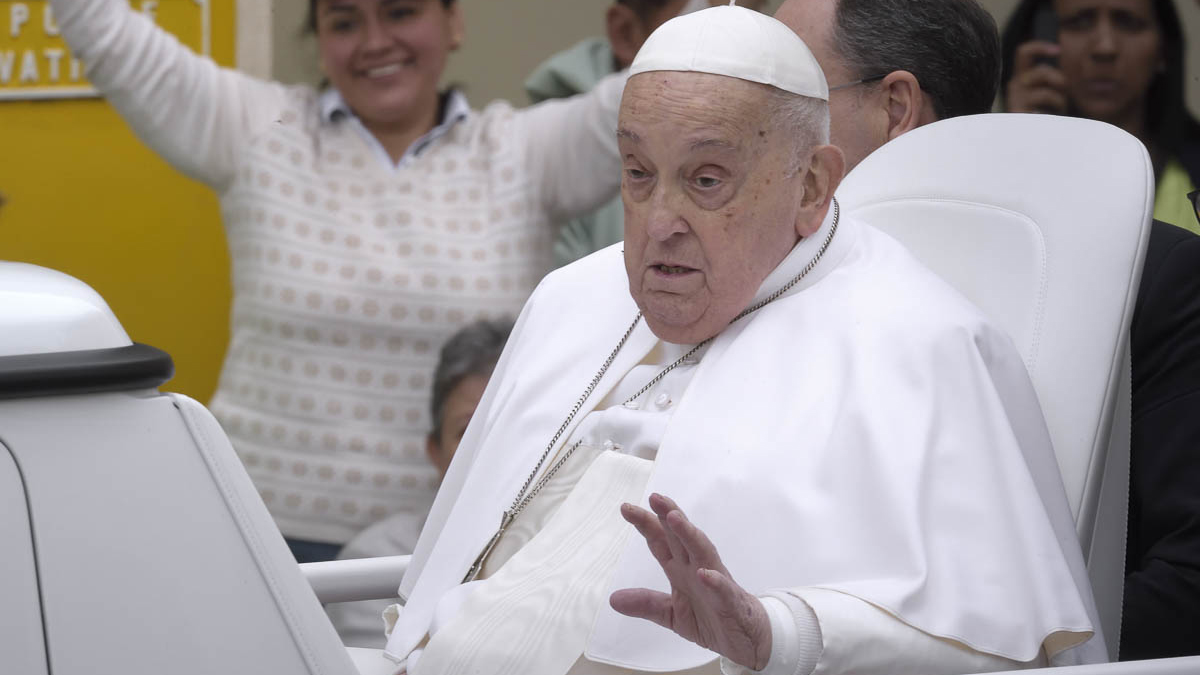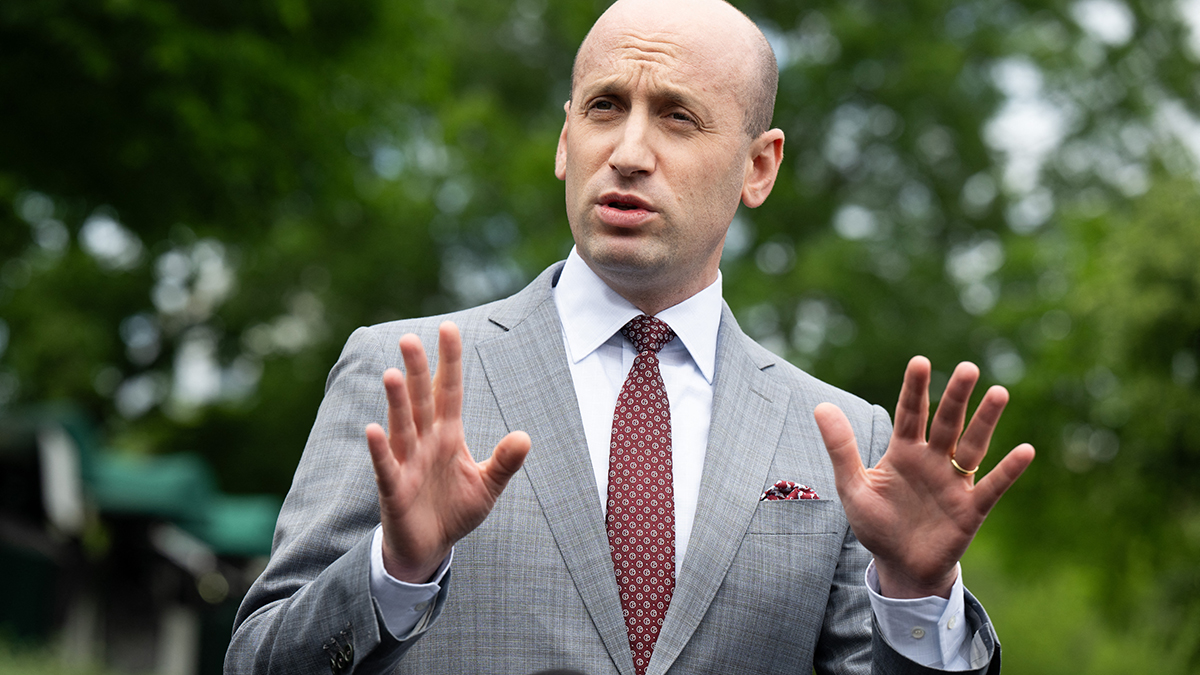Pope Francis Dies at 88: Legacy & Impact
Breaking: Pope Francis, Latin America's First Pontiff, Dies at 88
A World Mourns: The Passing of Pope Francis
Follow for live updates.
Pope Francis, the popular Roman Catholic pontiff who advocated a more compassionate papacy and a less traditionalist approach than his predecessor, has died after battling a series of health issues. He was 88.
“At 7:35 this morning, the Bishop of Rome, Francis, returned to the home of the Father. His entire life was dedicated to the service of the Lord and of his Church,″ Cardinal Kevin Ferrell, the Vatican camerlengo, said in the announcement.
Francis, the former Cardinal Jorge Mario Bergoglio of Buenos Aires, was the first non-European pope in more than 1,000 years when he was chosen in 2013. He took over after Pope Benedict resigned, a move unknown among modern-day popes and one that set up the sometimes tense situation where a pope and a pope emeritus were both alive.
Francis refocused the papacy on such issues as the environment, migrants and equality and away from other more ...
A Legacy of Compassion: Pope Francis's Impact
It's hard to overstate the impact Pope Francis had on the Catholic Church and the world. He wasn't just a religious leader; he was a voice for the voiceless, a champion for the marginalized, and a constant reminder that compassion should be at the heart of our actions. Remember his unwavering commitment to the poor and vulnerable? That’s a legacy that will undoubtedly endure.
The Unexpected Ascension: A Pope from the Americas
Imagine the surprise felt worldwide when, in 2013, Cardinal Jorge Mario Bergoglio of Argentina was elected Pope. He wasn't from Europe, the traditional breeding ground for pontiffs. He was from Latin America, a region brimming with vibrant faith and unique challenges. His election signaled a new era for the Church, a shift towards a more global perspective.
Benedict's Resignation: An Unprecedented Precedent
Think about it – for centuries, the papacy was a lifetime commitment. But Pope Benedict XVI's resignation changed everything. It created an unusual situation, having a reigning pope and a retired pope living simultaneously. How did this dynamic impact Pope Francis's papacy? It's a question historians will be analyzing for years to come.
Reforming the Church: Francis's Vision
Pope Francis didn't shy away from tackling controversial issues. He sought to reform the Vatican bureaucracy, address the sexual abuse crisis, and promote a more inclusive Church. His efforts weren't always met with universal approval, but they demonstrated his commitment to creating a more transparent and accountable institution.
The Environment: A Moral Imperative
One of Pope Francis's defining characteristics was his passionate advocacy for environmental protection. His encyclical, *Laudato Si'*, was a powerful call to action, urging individuals and governments to address climate change and protect our planet for future generations. He framed environmental issues not just as scientific problems, but as moral and spiritual ones. Didn’t that resonate with many people?
Embracing Migrants and Refugees: Walls vs. Bridges
In a world often divided by borders and nationalism, Pope Francis consistently championed the rights of migrants and refugees. He visited refugee camps, spoke out against xenophobia, and urged world leaders to build bridges instead of walls. His message was clear: every human being deserves dignity and respect, regardless of their origin or status.
Focus on Equality: Breaking Down Barriers
Pope Francis repeatedly emphasized the importance of equality, both within the Church and in society at large. He spoke out against economic inequality, discrimination against women, and prejudice against LGBTQ+ individuals. He challenged traditional power structures and advocated for a more just and equitable world.
A Less Traditionalist Approach: A Breath of Fresh Air?
Compared to some of his predecessors, Pope Francis adopted a less formal and more approachable style. He used social media to connect with people, he engaged in candid conversations, and he wasn't afraid to challenge conventional wisdom. Did this resonate with a younger generation seeking authenticity and transparency?
The Use of Social Media
He understood the power of digital communication and actively used platforms like Twitter to reach a global audience. His tweets often offered messages of hope, encouragement, and social justice, resonating with millions worldwide.
Candid Conversations and Open Dialogue
Pope Francis fostered a culture of open dialogue within the Church, encouraging honest conversations about challenging issues. This approach, while sometimes controversial, reflected his commitment to transparency and accountability.
Health Battles: A Testament to Resilience
In recent years, Pope Francis faced a series of health challenges. He underwent surgery and experienced various ailments, but he continued to carry out his duties with remarkable resilience. His dedication to his role, even in the face of physical limitations, was truly inspiring.
The Future of the Papacy: What's Next for the Church?
With the passing of Pope Francis, the world now looks towards the future of the papacy. Who will be his successor? What challenges will the next pope face? And how will the Church adapt to a rapidly changing world? These are questions that will undoubtedly dominate discussions in the coming weeks and months.
The Conclave: Electing a New Pope
The election of a new pope is a complex and secretive process. Cardinals from around the world will gather in Rome for a conclave, where they will deliberate and vote until a new pontiff is chosen. The world will be watching closely, eager to learn who will lead the Catholic Church in the years to come.
Global Reactions: A World United in Grief
News of Pope Francis's death has been met with widespread grief and mourning around the world. Leaders, religious figures, and ordinary citizens alike have expressed their condolences and paid tribute to his legacy. His impact transcended religious boundaries, uniting people of all faiths in a shared sense of loss.
Remembering Pope Francis: A Lasting Inspiration
Pope Francis's legacy will undoubtedly endure for generations to come. He will be remembered as a compassionate leader, a champion for the marginalized, and a voice for hope in a troubled world. His message of love, mercy, and justice will continue to inspire people to build a better future for all.
A Saint for the Modern Age?
Could Pope Francis be canonized a saint? It's a question that many Catholics are already asking. His dedication to the poor, his commitment to social justice, and his efforts to reform the Church certainly make him a strong candidate. Only time will tell if he will be formally recognized as a saint, but his impact on the world is undeniable.
Conclusion: A Pontiff Who Changed the World
The death of Pope Francis marks the end of a remarkable era in the history of the Catholic Church. He was a transformative figure who brought a fresh perspective and a renewed sense of purpose to the papacy. He challenged the status quo, advocated for the vulnerable, and inspired millions with his message of compassion and hope. His legacy will continue to shape the Church and the world for years to come. He will be remembered as a Pope of the people, a Pope who truly made a difference.
Frequently Asked Questions (FAQs)
- 1. Who will succeed Pope Francis as the next Pope?
- The next Pope will be elected by a conclave of cardinals from around the world. The process is secretive, and the identity of the next Pope is unknown until the election is complete.
- 2. What is a conclave?
- A conclave is a meeting of the College of Cardinals convened to elect a new Pope. Cardinals are locked away until they reach a consensus, a tradition that dates back centuries.
- 3. What were Pope Francis's most significant accomplishments?
- Some of his most notable accomplishments include his focus on social justice issues, his advocacy for the environment, his efforts to reform the Vatican bureaucracy, and his outreach to marginalized communities.
- 4. How did Pope Francis differ from his predecessors?
- Pope Francis was known for his more informal style, his emphasis on compassion and mercy, and his willingness to challenge traditional Church teachings. He was also the first non-European Pope in over 1,000 years.
- 5. How will Pope Francis be remembered?
- Pope Francis will be remembered as a transformative figure who brought a renewed sense of hope and compassion to the Catholic Church. He will be remembered for his advocacy for the poor, his commitment to social justice, and his efforts to make the Church more inclusive.


